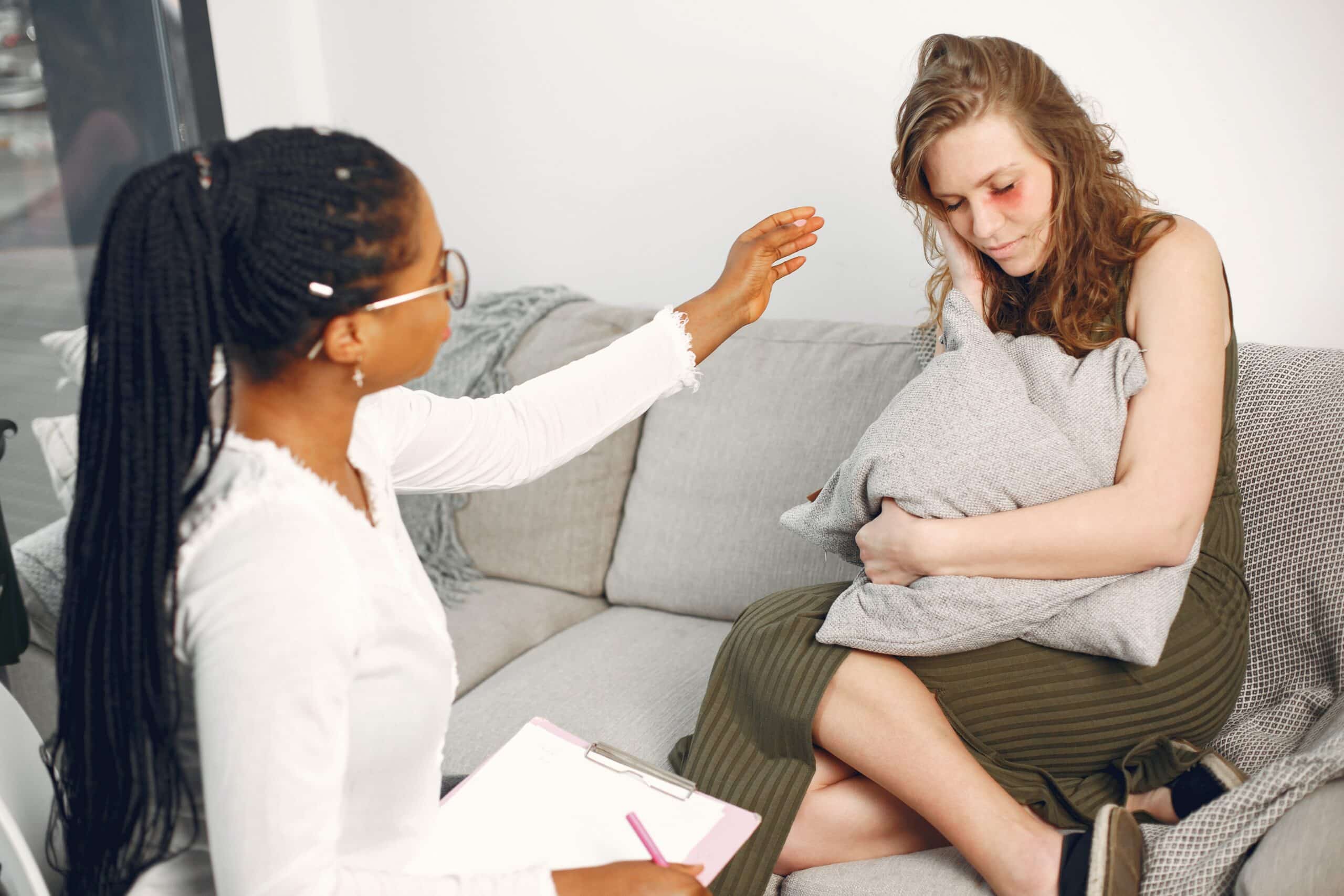
Trauma, a powerful and distressing event, can leave a lasting impact on an individual’s psyche. In this article, we will delve deep into the intricate relationship between trauma and behavior, exploring the psychological intricacies that govern human responses. By understanding this connection, we can shed light on the ways trauma shapes behavior, and how individuals can navigate its effects to lead fulfilling lives.
Understanding Trauma
Trauma, in psychological terms, refers to a distressing or disturbing experience that has a long-lasting effect on an individual’s emotional and mental well-being.
Types of Trauma
Physical Trauma: Injuries and accidents leading to bodily harm.
Emotional Trauma: Psychological distress caused by emotional events like abuse or loss.
Childhood Trauma: Adverse experiences during childhood affecting mental development.
Post-Traumatic Stress Disorder (PTSD): A severe anxiety disorder resulting from traumatic incidents.
The Impact of Trauma on Behavior
Behavioral Changes
Traumatic experiences can lead to drastic changes in behavior, such as withdrawal, aggression, or self-destructive tendencies.
Coping Mechanisms
Avoidance: Individuals might avoid situations or stimuli reminiscent of the traumatic event.
Hyperarousal: Heightened sensitivity and exaggerated responses to stimuli.
Dissociation: Feeling detached from oneself or the surroundings.

Psychological Mechanisms at Play
Neurobiological Changes
Trauma alters brain chemistry, affecting areas responsible for emotions and stress regulation.
Impact on Emotional Regulation
Emotional Dysregulation: Difficulty managing and expressing emotions appropriately.
Changes in Memory Processing: Trauma can distort or fragment memories, affecting cognitive functions.
The Ripple Effect on Relationships
Intimacy Issues
Trauma survivors may find it challenging to establish and maintain intimate relationships due to trust issues and fear of vulnerability.
Impact on Social Interactions
Isolation: Trauma survivors might withdraw from social activities, feeling disconnected from others.
Difficulty in Trusting Others: Trusting new people becomes a daunting task, hindering the formation of new relationships.
Overcoming Trauma and Restoring Behavior
Therapy and Counseling
Professional therapy, such as Cognitive Behavioral Therapy (CBT) and Eye Movement Desensitization and Reprocessing (EMDR), can help individuals process trauma and develop healthier coping mechanisms.
Support Systems
Family Support: A strong family support system can provide a sense of security and understanding.
Community and Group Therapy: Sharing experiences in a safe space fosters healing and connection.
Conclusion
Trauma undeniably affects behavior, often manifesting in various forms of emotional and social challenges. However, with the right support, therapy, and coping mechanisms, individuals can navigate the stormy seas of trauma and emerge stronger. By fostering understanding and empathy, we can create a world where survivors find solace and healing.
At PBCB we offer Psycodynamic Relational Therapy, Cognitive Behavioral Therapy, Holistic Therapy, Behavioral Therapy, Trauma-Focused and others.
If you or your loved one are seeking help with life changing challenges call us or Book a Consultation
If you or your loved one are seeking help with life changing challenges call us or Book a Consultation
